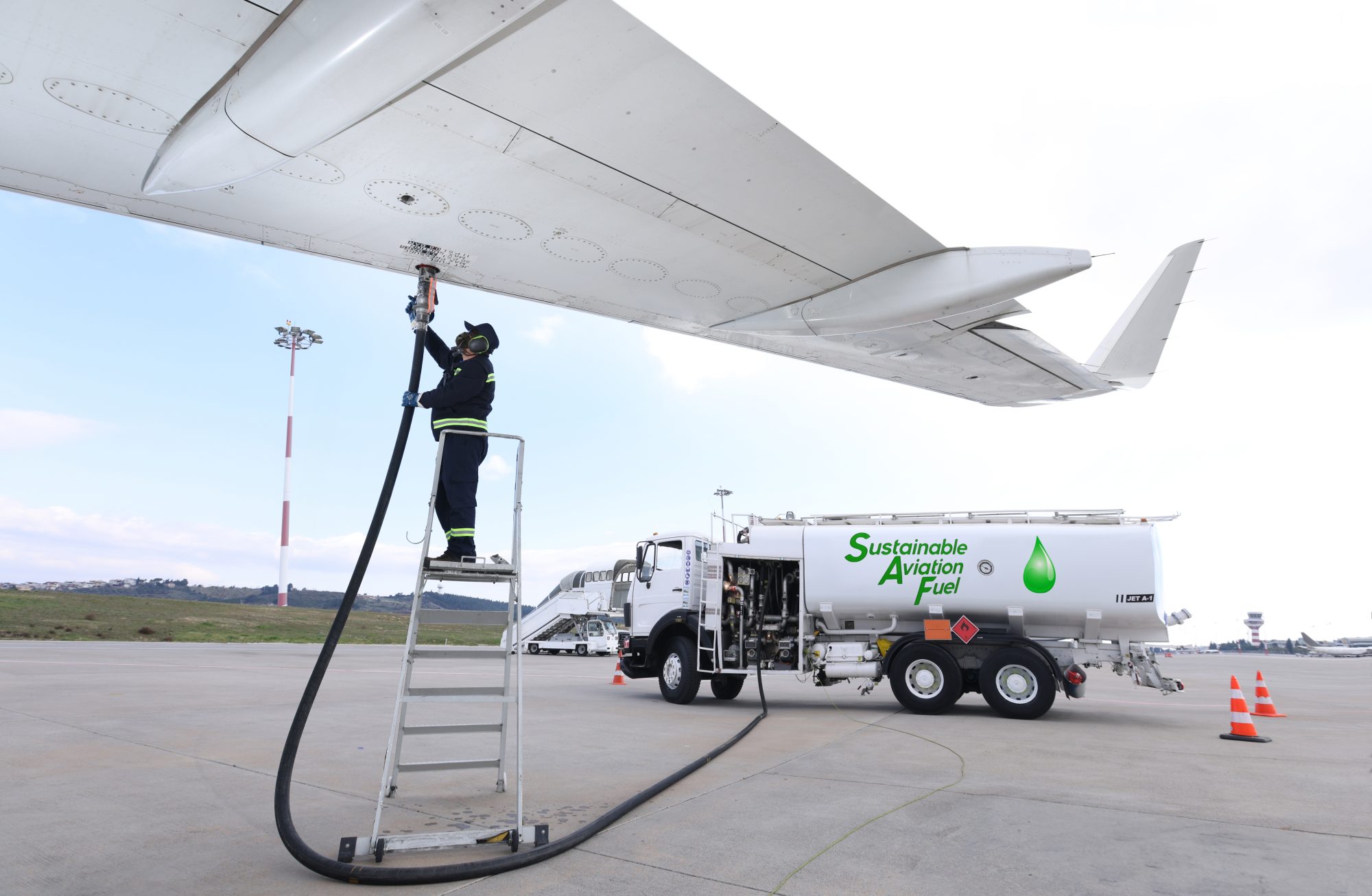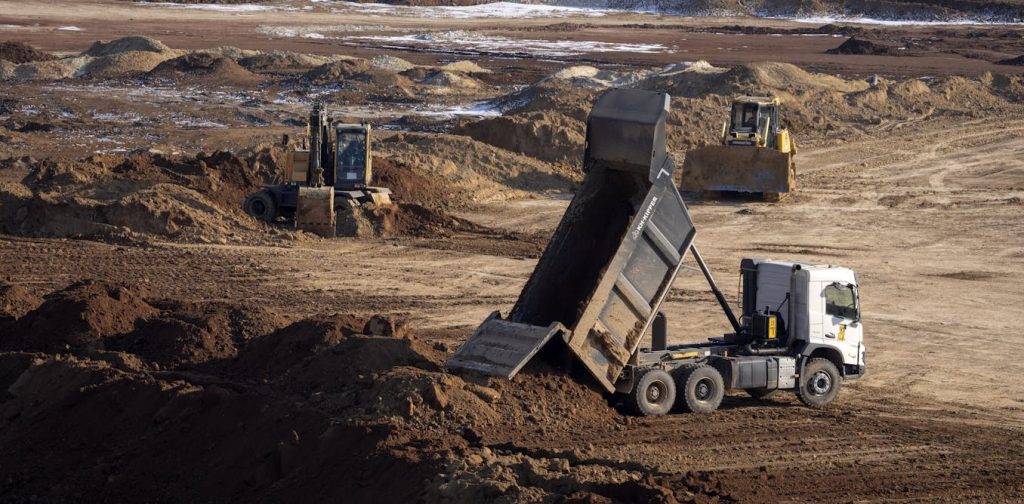Now Reading: Sustainable aviation fuel plans under fire over crop emissions
-
01
Sustainable aviation fuel plans under fire over crop emissions
Sustainable aviation fuel plans under fire over crop emissions

In a recent report, the World Resources Institute (WRI) is advising U.S. policymakers and businesses to reconsider the role of corn and soybean fuels in decarbonizing aviation. The industry is focusing on expanding the use of sustainable aviation fuel (SAF), which is seen as a key mitigation option for reducing carbon emissions in air travel. However, the WRI researchers argue that a more comprehensive approach reveals that corn and soy may not be the best options for scaling up SAF production due to their high emissions compared to fossil fuels.
While most SAF is currently produced from used cooking oil and other inedible biomass, there is a need to increase production to meet government targets. The industry in the U.S. is turning to purpose-grown crops like soy and corn to drive growth in the near term. However, the researchers caution that these crops may not be as sustainable as claimed, as dedicating land for their production can lead to deforestation and increased emissions.
Industry experts, on the other hand, argue that the analysis overlooks the higher performance of U.S.-grown crops and the importance of specific farming practices in reducing emissions. They emphasize the need for a contextual assessment of biofuel crops and sustainable farming methods to ensure the long-term sustainability of SAF production. Regulatory bodies like the federal government and the California Air Resources Board play a crucial role in shaping the future of SAF growth in the U.S. amidst differing viewpoints on the environmental impact of feedstocks like soy and corn.






